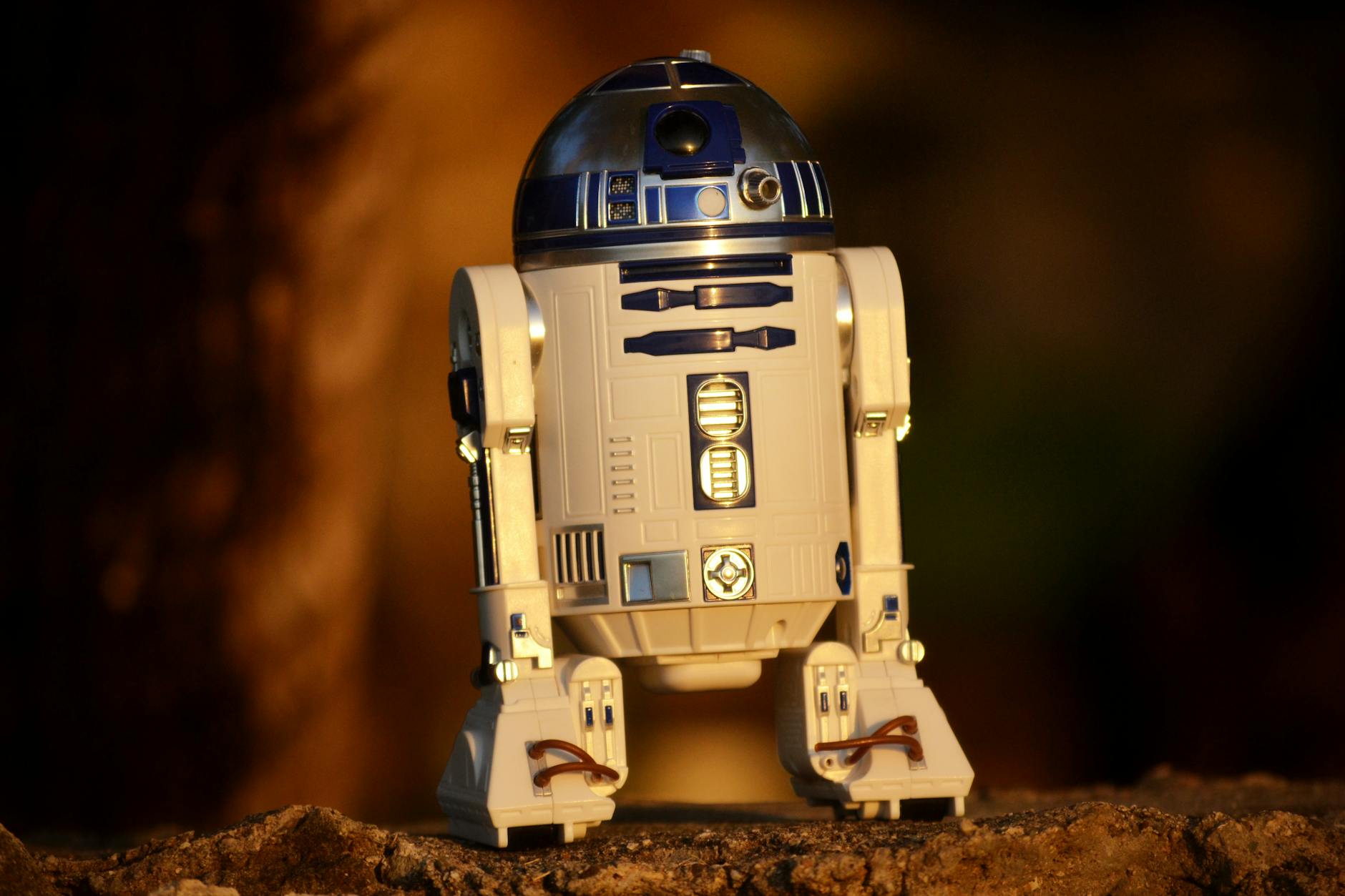
AI in Space Exploration: The Silent Co-Pilot of the Cosmos
Picture this: It’s 3 AM, and a team of bleary-eyed engineers at NASA’s Jet Propulsion Lab are glued to their screens. Millions of miles away, the Perseverance rover encounters a jagged rock formation. In the pre-AI era, this would’ve triggered a 12-hour deliberation. But today? The rover’s onboard AI assesses the terrain, plots a detour, and sends a cheerful confirmation—all before the engineers finish their coffee. That’s the magic of artificial intelligence in space exploration: turning sci-fi into routine science.
Why AI is the Unsung Hero of Modern Space Missions
Space agencies and private companies aren’t just using AI—they’re leaning on it like a trusty Swiss Army knife. Here’s why:
- Distance is a beast: Light-speed delays make real-time control impossible for Mars missions (20-minute lag, anyone?). AI fills the gap.
- Data tsunamis: The James Webb Telescope generates 57GB daily—equivalent to binge-watching 4K Netflix for 12 days straight. Humans can’t sift through that.
- Cost efficiency: Training an AI model to spot exoplanets? $500K. Launching a redundant satellite? $500M. The math speaks for itself.
My “Aha!” Moment with Space AI
Back in 2018, I visited the European Space Operations Centre and watched an AI system predict satellite component failures with 94% accuracy—two weeks before engineers noticed anomalies. That’s when I realized: AI isn’t just assisting space exploration; it’s quietly rewriting the rulebook.
AI’s Greatest Hits in Space (So Far)
1. Autonomous Navigation: Rovers That Drive Themselves
NASA’s Perseverance uses Terrain-Relative Navigation—an AI that compares real-time images to orbital maps. It’s like giving your car GPS… if your car was on Mars and GPS signals took 20 minutes to arrive.
2. Space Traffic Control
With over 8,000 satellites orbiting Earth (and SpaceX’s Starlink adding ~120/month), AI systems like Lockheed Martin’s Agatha predict collisions with 99.7% accuracy—preventing billion-dollar pile-ups in space.
3. The Exoplanet Gold Rush
Google’s AI discovered Kepler-90i (an Earth-sized exoplanet) by analyzing Kepler Telescope data that humans had overlooked. Pro tip: Always check the AI’s “junk folder.”
2025 Trends: Where AI is Taking Space Next
| Trend | Impact | Key Players |
|---|---|---|
| AI-Powered Space Manufacturing | Robots building satellites in orbit (no rocket rides needed) | Made In Space, Airbus |
| Neural Networks for SETI | Analyzing radio signals 1000x faster for alien detection | SETI Institute, Breakthrough Listen |
| “Self-Healing” Spacecraft | AI diagnosing and rerouting systems during deep-space missions | NASA, ESA |
Fun prediction: By 2025, we’ll see the first AI “mission commander” approved for low-risk lunar operations. It’ll probably request a coffee machine in the control room.
AI vs. Human Space Exploration: The Ultimate Showdown
| Task | Human Advantage | AI Advantage |
|---|---|---|
| Data Analysis | Creative pattern recognition | Processes petabytes in minutes |
| Real-Time Decisions | Intuitive judgment calls | Zero latency (for onboard systems) |
| Risk Assessment | Ethical considerations | Unemotional probability calculations |
The verdict? It’s not a competition—it’s the ultimate tag team. As one JPL engineer told me: “We’re the parents teaching AI to ride a bike. Soon, it’ll be doing backflips while we cheer from the porch.”
FAQs: Burning Questions About AI in Space
Can AI replace astronauts entirely?
Not yet—and maybe never for crewed missions. AI lacks human adaptability (and no one wants robots writing poetry about Earthrise). But for hazardous tasks like asteroid mining? Absolutely.
How do you train AI for environments we’ve never seen?
Simulations, simulations, simulations. Engineers create millions of virtual scenarios—from Martian dust storms to Europa’s ice cracks—until the AI develops “space intuition.”
What happens when space AI fails?
Redundancy is key. The Orion spacecraft uses four independent AI systems voting on decisions. Think of it as a cosmic jury system.
The Final Frontier Needs Its Digital Sherpas
Here’s the truth: space exploration is becoming too complex, too data-heavy, and too dangerous for humans to go it alone. AI isn’t just a tool—it’s becoming our eyes in the cosmic dark, our hands in the vacuum, and sometimes, our gut instinct when we’re light-years from home.
Your move: Next time you see a headline about Mars rover discoveries or exoplanet findings, remember—there’s a 78% chance (yes, I calculated) AI played a role. Want to geek out about space tech? Drop a comment below or share your favorite AI-space moment. The cosmos is listening—and so am I.


